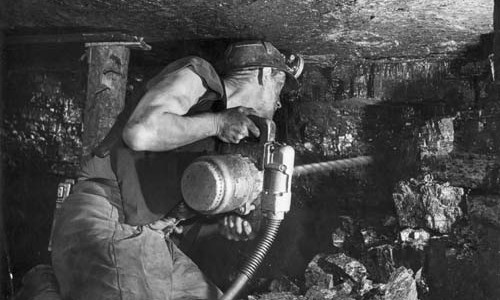There’s a seemingly endless list of benefits attributed to the Internet of Things. Increased efficiency, lower costs, and more responsive manufacturing are just a peek behind the curtain for what awaits the manufacturing industry. Increased safety for workers is another one of the potential benefits that can come from IoT technologies, and it may be one of the most important.
Sensors are an integral part of any motion control system, and they will be essential in advancing the Industrial Internet of Things. IIoT is the collecting, storing, and application of data between a network of connected machines and devices used in manufacturing. A sensor’s main job is to collect and send information. That information determines what actions follow.
Here are just a few ways that sensors can make work in manufacturing safer.
- Sensors can help industrial robots detect human workers that are in close proximity. Instead of a robotic arm swinging wildly regardless of what or who is in the way, sensors will detect a person or object and compensate for the obstruction. This lends itself to more human-robot integration in the workplace.
- Sensors can detect unsafe temperatures. There’s no question that it can get hot on a factory floor, but how do you know if it’s too hot to be safe for workers? Sensors can detect ambient temperatures and notify workers if an area is too warm to be safe.
- Sensors can detect unsafe air conditions. Whether it’s smoke, particulates, chemicals, or carcinogens in the air, sensors can detect when the air quality is too poor for workers to be safe.
But sensors do more than just tell people when conditions are unsafe. Sensors can allow robots to perform tasks in areas that are too unsafe for humans to work. Towering heights, radiated areas, locations in extreme temperatures, high pressure locations, like below the sea for example, are no place for humans workers, but robots can handle those conditions without any problems.
